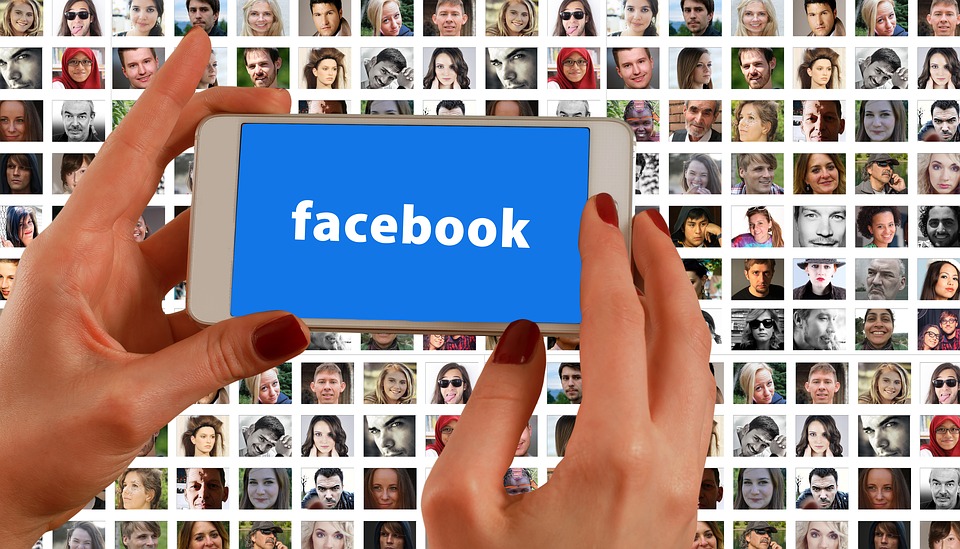As if there wasn’t enough to worry about when browsing online, what with trying to avoid malware and virus landmines via spam mail and infected websites, now social media is also a source of unwanted software. A report recently came out, detailing how ransomware can infect computers of Facebook or LinkedIn users once they open a new file that was forcibly downloaded into their units.
The malware was first reported by Check Point, an Israeli security firm. According to the report, social media sites are basically becoming mediums for unauthorized downloads of images that are full of malicious codes intended to take over the user’s computer.
Opening the file will allow the ransomware called “Locky” to infect the unit, which basically holds the computer hostage. In order for the users to get the key to use their computers again, they will need to pay about $365 in bitcoin form. At least, this is what the people responsible for the malware are demanding.
Ars Technica reports that the malware has been quite prominent during the past year, with many computers becoming infected due to Word documents and the usual spammy email messages. This development involving social media images, however, is an entirely new trend that provides dangerous precedence for other malicious individuals.
Check Point stresses that there has been a huge surge in infections caused by these malware-ridden images downloaded from Facebook and LinkedIn, largely coming from groups and campaigns. On that note, the security firm is being rather vague about how the infection itself works, claiming that they are waiting for the security flaw to be patched by the social media sites before releasing specifics.
Facebook is denying that this was even happening, according to an update posted by Engadget. A spokesperson from the social network claims that the analysis by Check Point was wrong and that the infected images are actually downloaded via bad Chrome extensions.



 Elon Musk’s SpaceX Acquires xAI in Historic Deal Uniting Space and Artificial Intelligence
Elon Musk’s SpaceX Acquires xAI in Historic Deal Uniting Space and Artificial Intelligence  SpaceX Updates Starlink Privacy Policy to Allow AI Training as xAI Merger Talks and IPO Loom
SpaceX Updates Starlink Privacy Policy to Allow AI Training as xAI Merger Talks and IPO Loom  Nvidia CEO Jensen Huang Says AI Investment Boom Is Just Beginning as NVDA Shares Surge
Nvidia CEO Jensen Huang Says AI Investment Boom Is Just Beginning as NVDA Shares Surge  AMD Shares Slide Despite Earnings Beat as Cautious Revenue Outlook Weighs on Stock
AMD Shares Slide Despite Earnings Beat as Cautious Revenue Outlook Weighs on Stock  Anthropic Eyes $350 Billion Valuation as AI Funding and Share Sale Accelerate
Anthropic Eyes $350 Billion Valuation as AI Funding and Share Sale Accelerate  Sony Q3 Profit Jumps on Gaming and Image Sensors, Full-Year Outlook Raised
Sony Q3 Profit Jumps on Gaming and Image Sensors, Full-Year Outlook Raised  Nvidia, ByteDance, and the U.S.-China AI Chip Standoff Over H200 Exports
Nvidia, ByteDance, and the U.S.-China AI Chip Standoff Over H200 Exports  SpaceX Pushes for Early Stock Index Inclusion Ahead of Potential Record-Breaking IPO
SpaceX Pushes for Early Stock Index Inclusion Ahead of Potential Record-Breaking IPO  Tencent Shares Slide After WeChat Restricts YuanBao AI Promotional Links
Tencent Shares Slide After WeChat Restricts YuanBao AI Promotional Links  Palantir Stock Jumps After Strong Q4 Earnings Beat and Upbeat 2026 Revenue Forecast
Palantir Stock Jumps After Strong Q4 Earnings Beat and Upbeat 2026 Revenue Forecast  Google Cloud and Liberty Global Forge Strategic AI Partnership to Transform European Telecom Services
Google Cloud and Liberty Global Forge Strategic AI Partnership to Transform European Telecom Services  OpenAI Expands Enterprise AI Strategy With Major Hiring Push Ahead of New Business Offering
OpenAI Expands Enterprise AI Strategy With Major Hiring Push Ahead of New Business Offering  Baidu Approves $5 Billion Share Buyback and Plans First-Ever Dividend in 2026
Baidu Approves $5 Billion Share Buyback and Plans First-Ever Dividend in 2026  Instagram Outage Disrupts Thousands of U.S. Users
Instagram Outage Disrupts Thousands of U.S. Users  Oracle Plans $45–$50 Billion Funding Push in 2026 to Expand Cloud and AI Infrastructure
Oracle Plans $45–$50 Billion Funding Push in 2026 to Expand Cloud and AI Infrastructure 
































